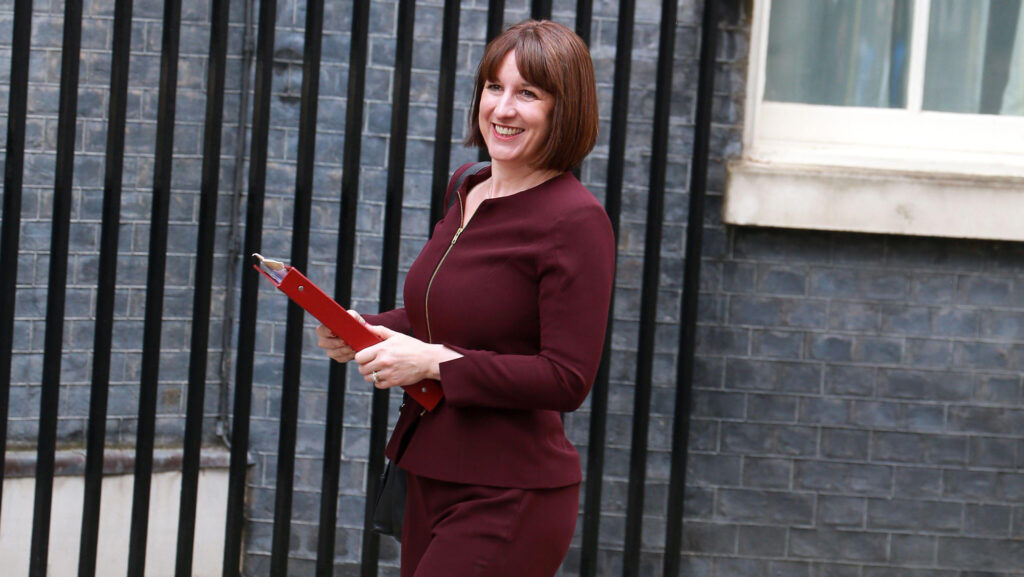Editor’s View: At last the Budget is here, whatever happens
 Chancellor Rachel Reeves © Sipa US/Alamy Stock Photo
Chancellor Rachel Reeves © Sipa US/Alamy Stock Photo A poor harvest. Anxiety about the farm budget. The impact of inflation. And fear over Labour’s seeming disinterest in food production…
Fifty years ago this week saw hard-up Welsh farmers blockade the port of Holyhead in Anglesey in an attempt to stop Irish store cattle being unloaded.
The beef price had hit rock bottom after the government suddenly withdrew support for intervention buying, which had kept a floor in the market at a time when the beef herd had expanded rapidly.
See also: Pre-Budget fears of inheritance tax relief cuts grow
And farmers could not hold on to stock in the hope the price would improve, as there had been a wretched hay harvest that year.
In 1974, much of the upheaval stemmed from the change to farm support brought about by our entry into the then European Economic Community, as well as the wider economic turmoil caused by rampant global inflation.
Here in the present, speculation about chancellor Rachel Reeves’ Budget next Wednesday (30 October) is at fever pitch amid much talk of inheritance tax, fuel duty and Defra’s spending pot.
Much of the Defra-specific Budget fears are linked, of course, to our exit from the EU, although it’s far from sunshine and roses across the water – their modern-day protests have been bigger than ours.
Whatever the outcome, there will be some relief in the uncertainty of what is to change and what is not to change being over.
But the stakes are certainly very high… the turmoil of the 1970s put some farmers out of business.
Research for our Transition project shows that more than half of farmers in England say their business will only survive with difficulty once area payments are fully phased out.
Further economic pain inflicted by the chancellor – if it comes – will only accelerate this.
Many who feel they need to adapt to survive are looking at income streams from diversification or taking work off farm.
The latter is disparaged by some as helping to subsidise cheap food – not simply sustaining a home farm that would otherwise not be viable, but sustaining a food system that would otherwise have to pay farmers higher prices.
But that is a needlessly negative way of painting it.
The individuals or families doing this are actually often acting in their own self-interest.
They are choosing what is sometimes a harder path to preserve the thing that is really important to them – the retention of a rural lifestyle or assets that have been handed down for generations.
So bravo to those who are going down this path – whatever the Budget brings – if that is what they want.
More land, more farming and more debt is not the only route to survival.
Farmers who can only spend a small number of hours on their own land each week must prioritise simplicity out of necessity – whether that is changing breed, system or enterprise.
Regardless of what happens next week, that is no bad thing in an era of dwindling support payments.
It is very rare that the fear over a political announcement is matched by the reality of it. I hope that will be the case again.

